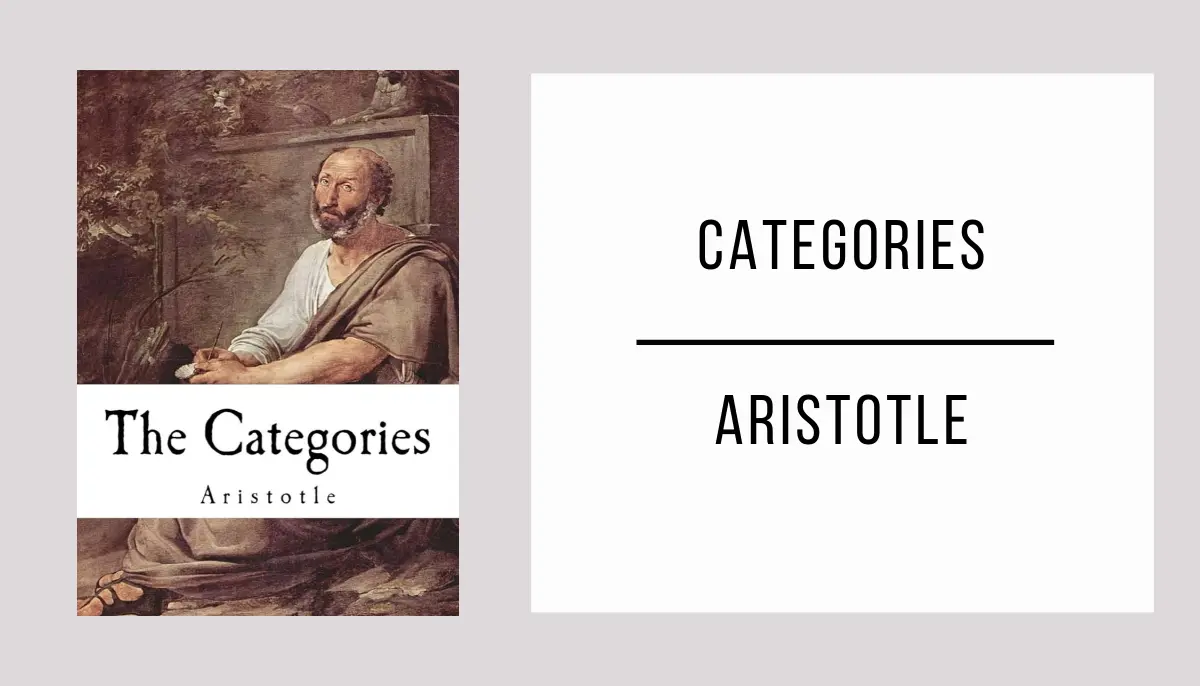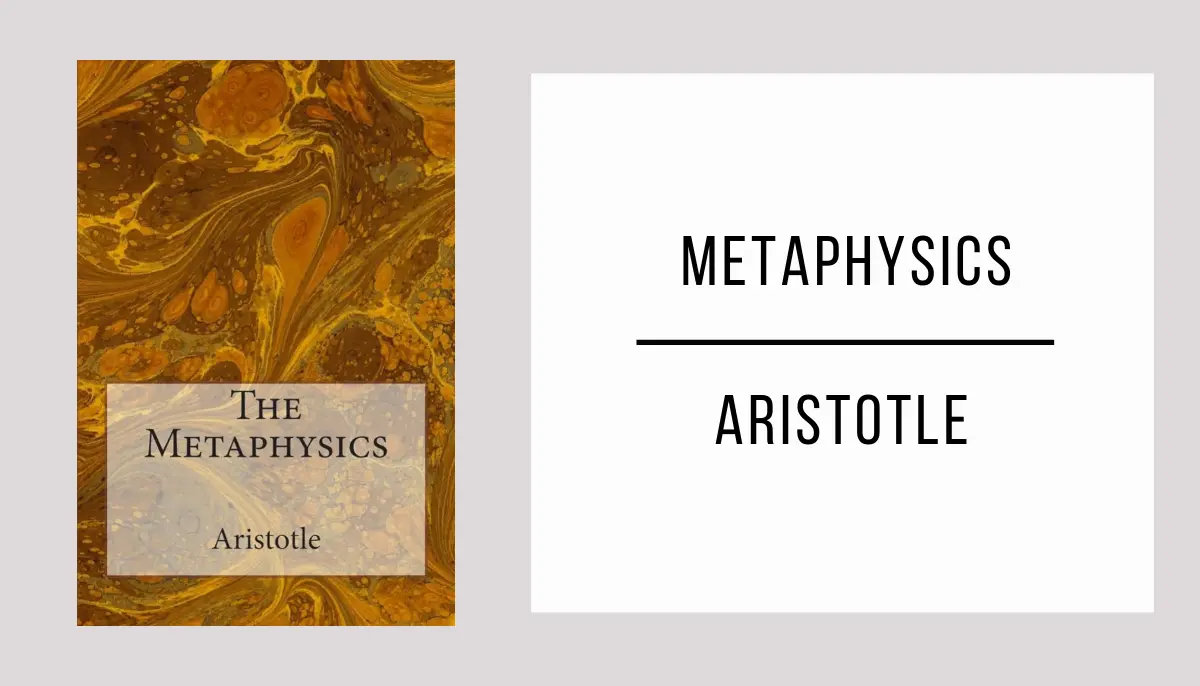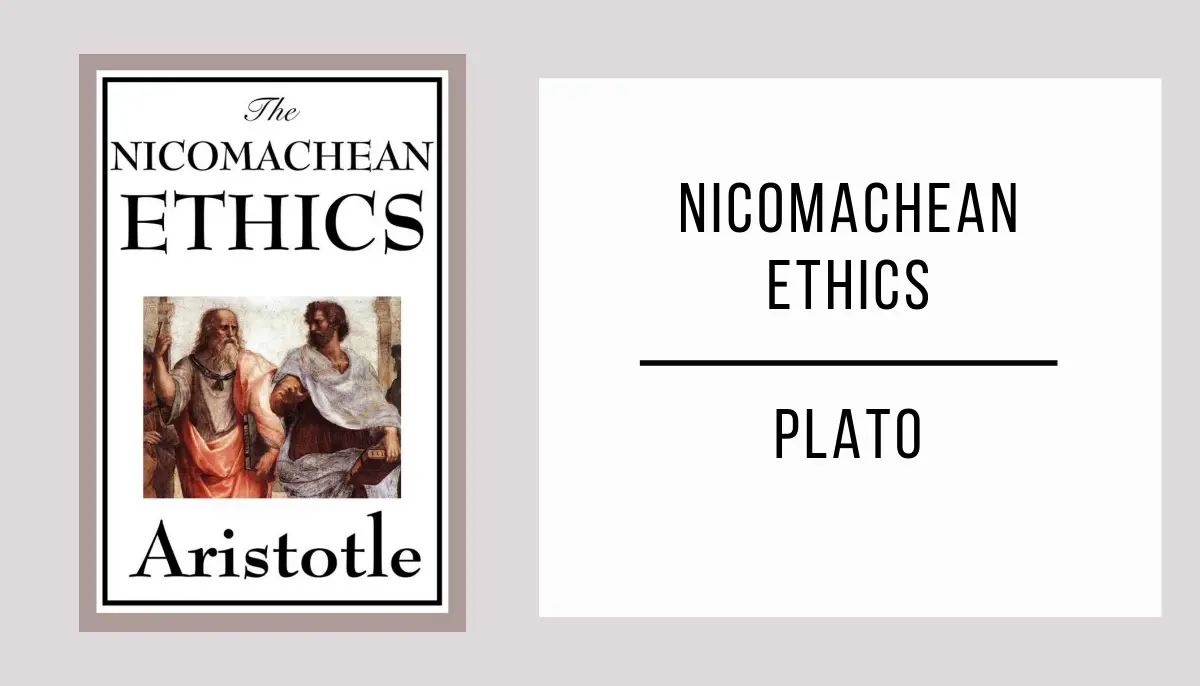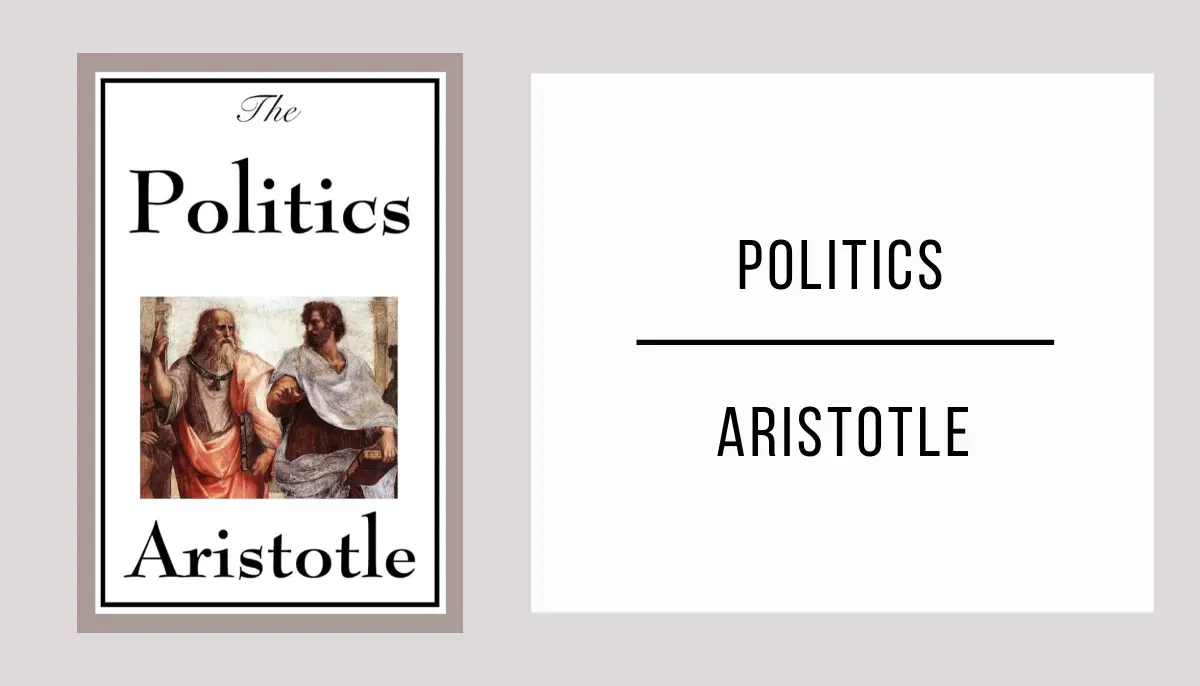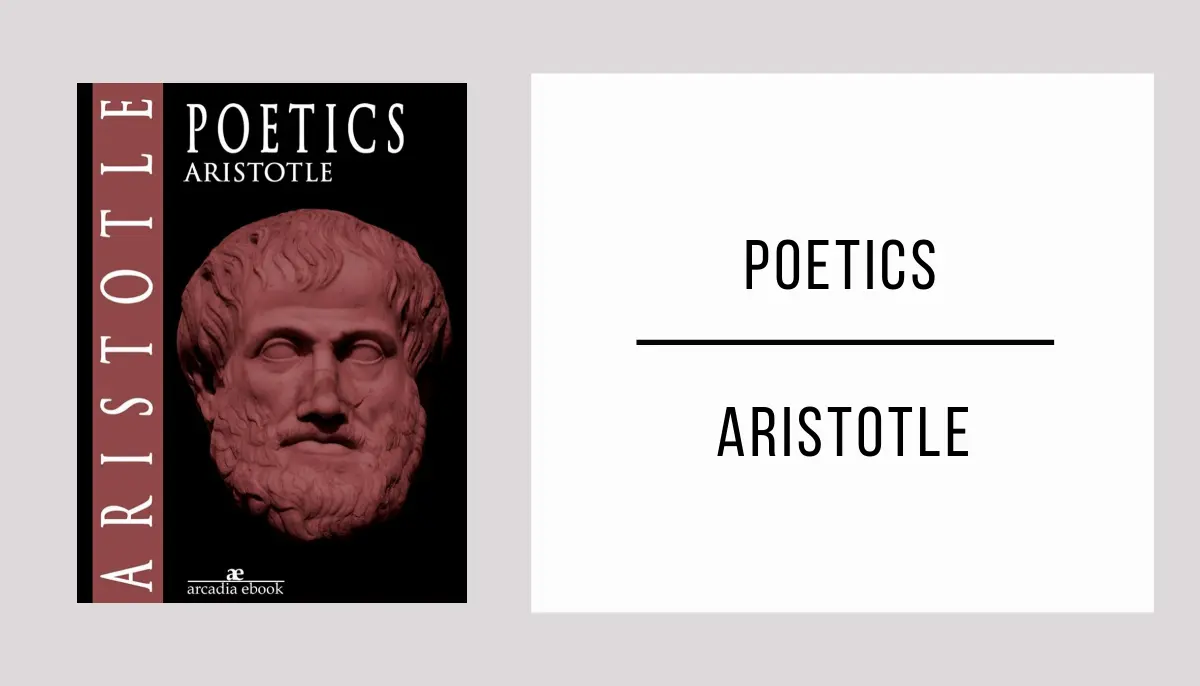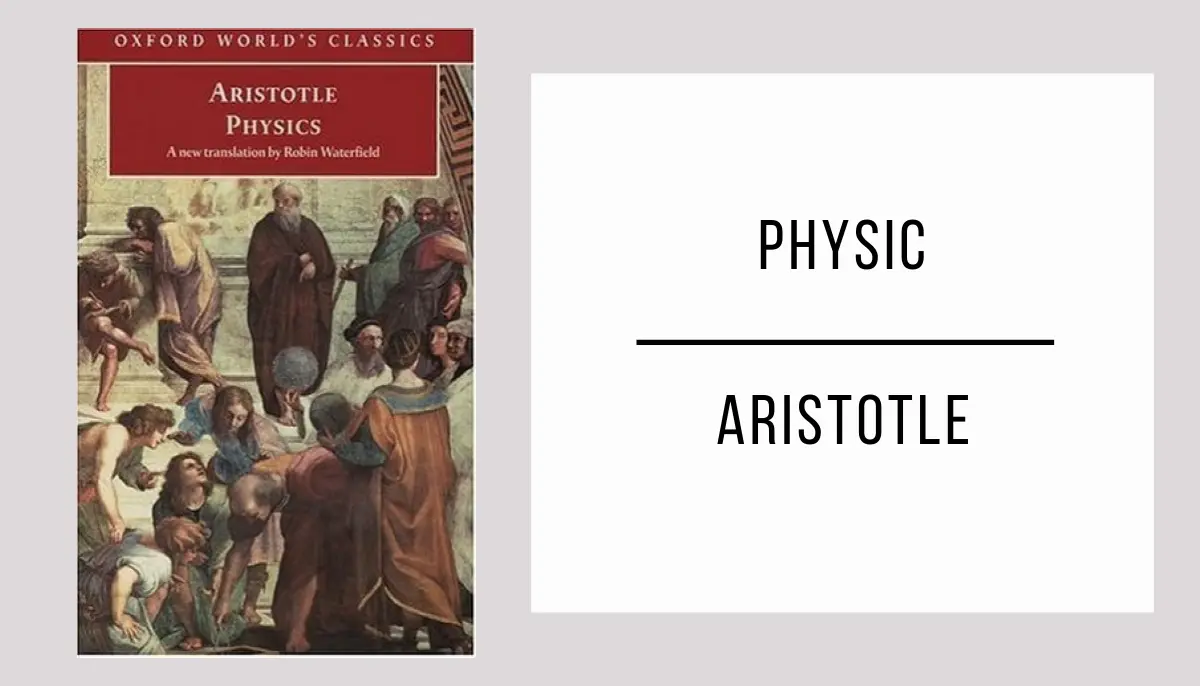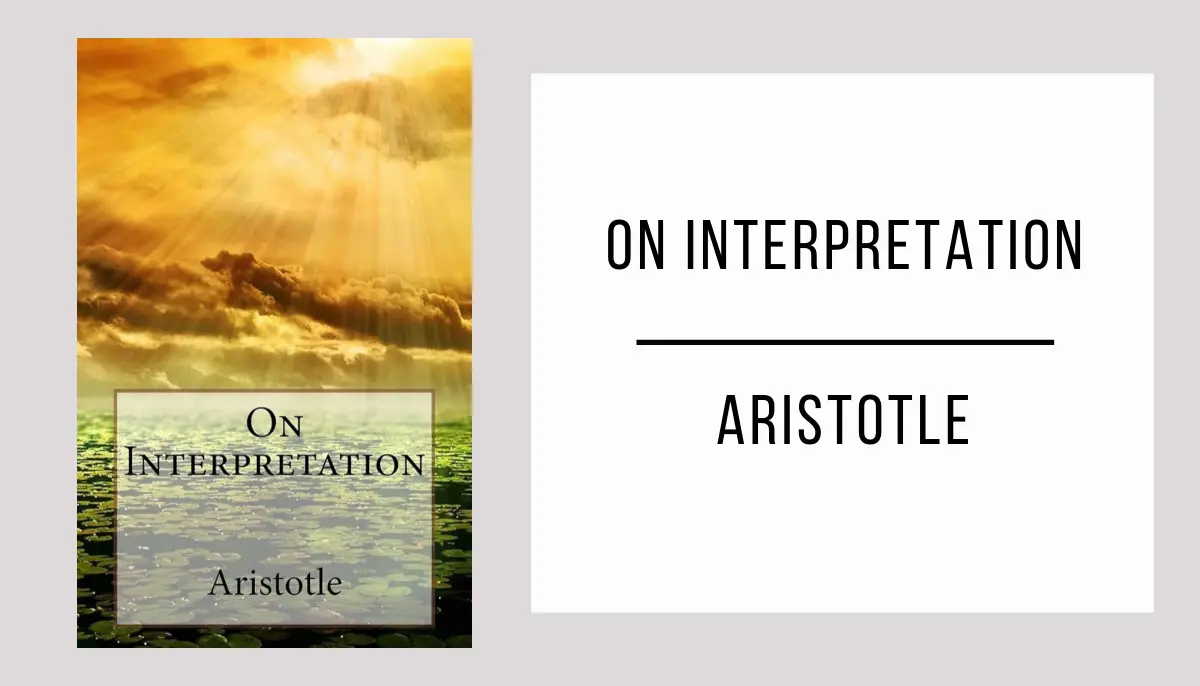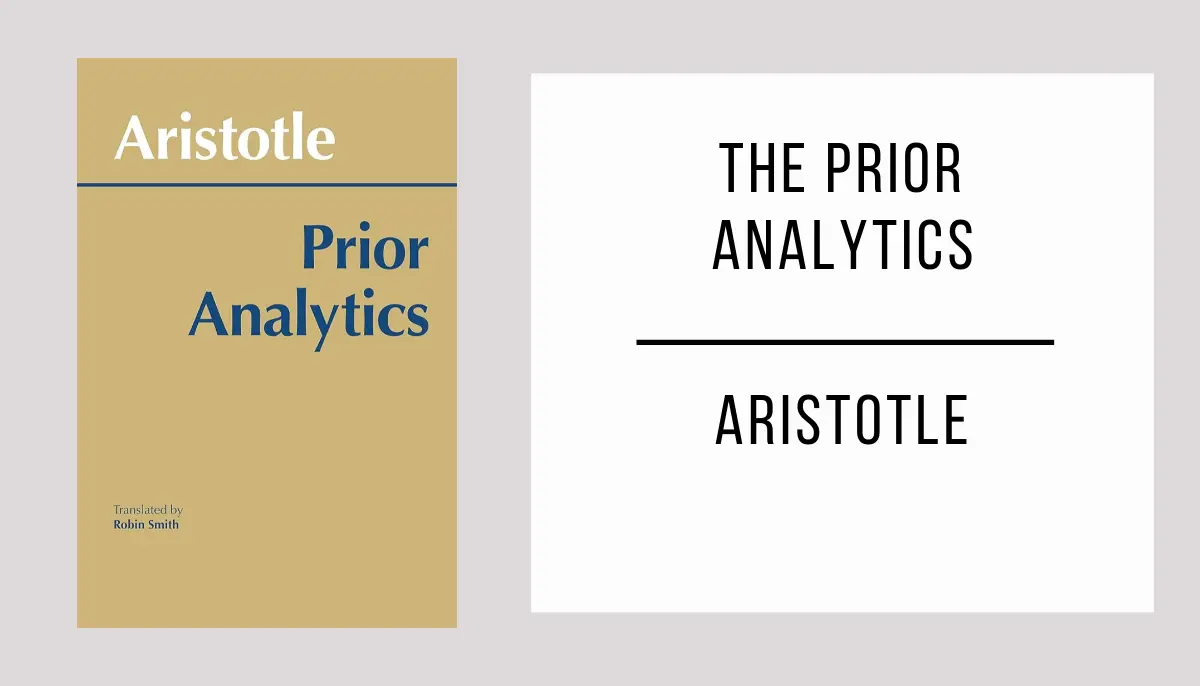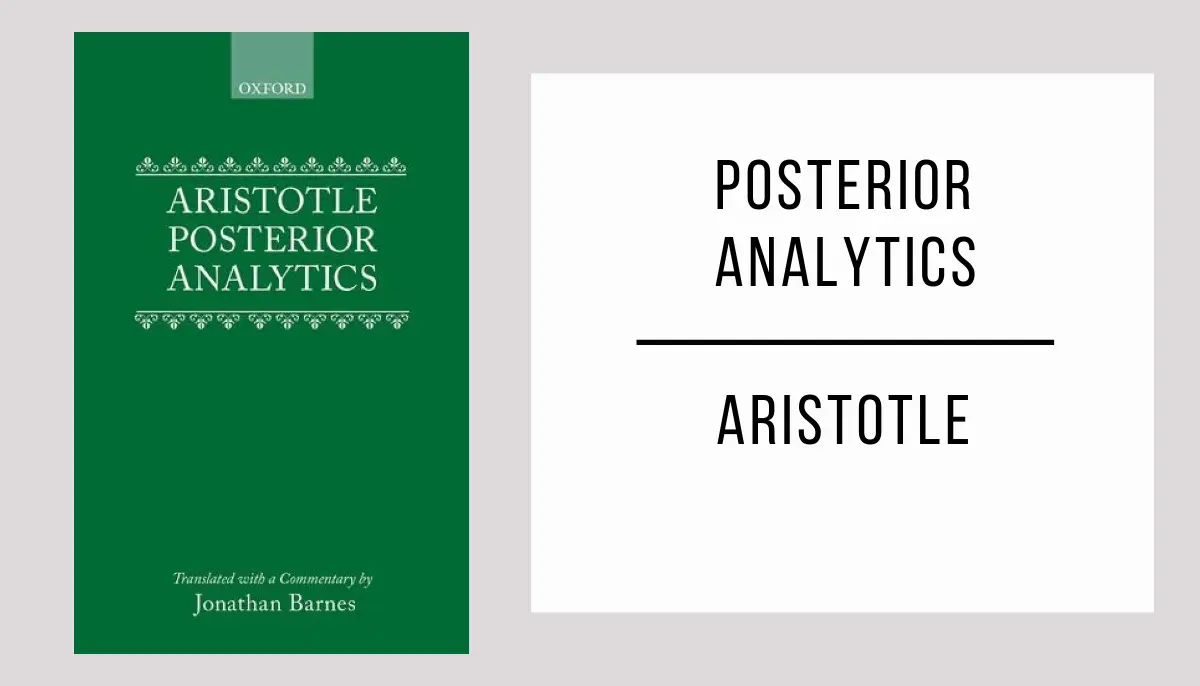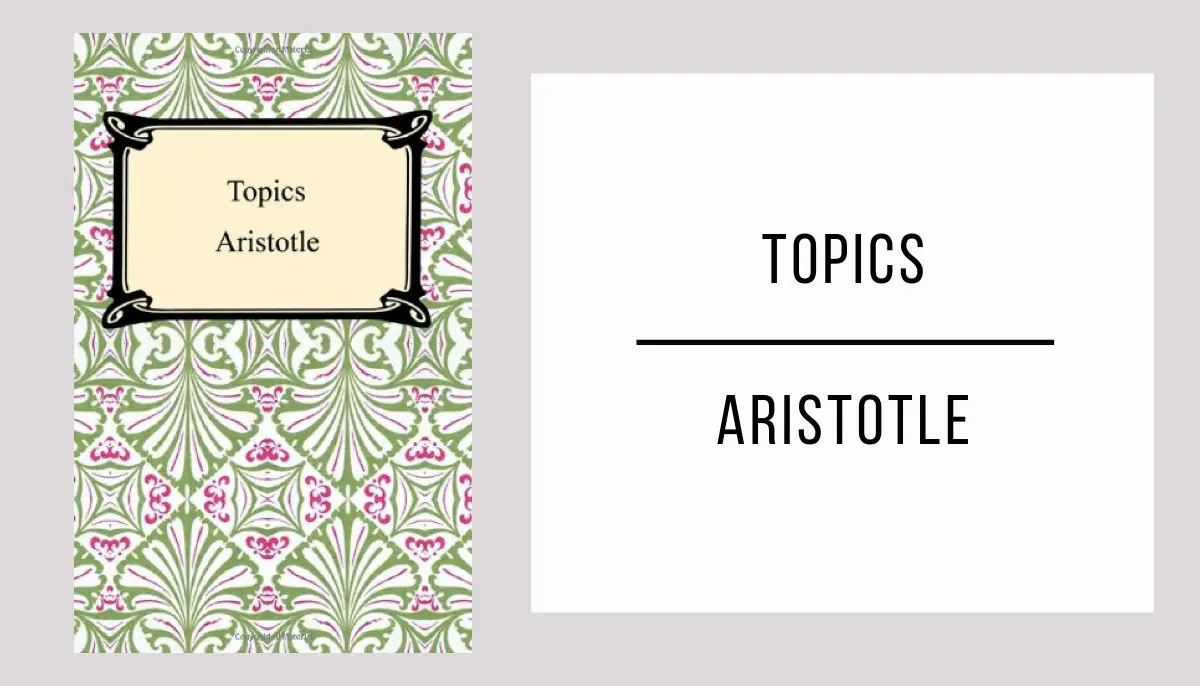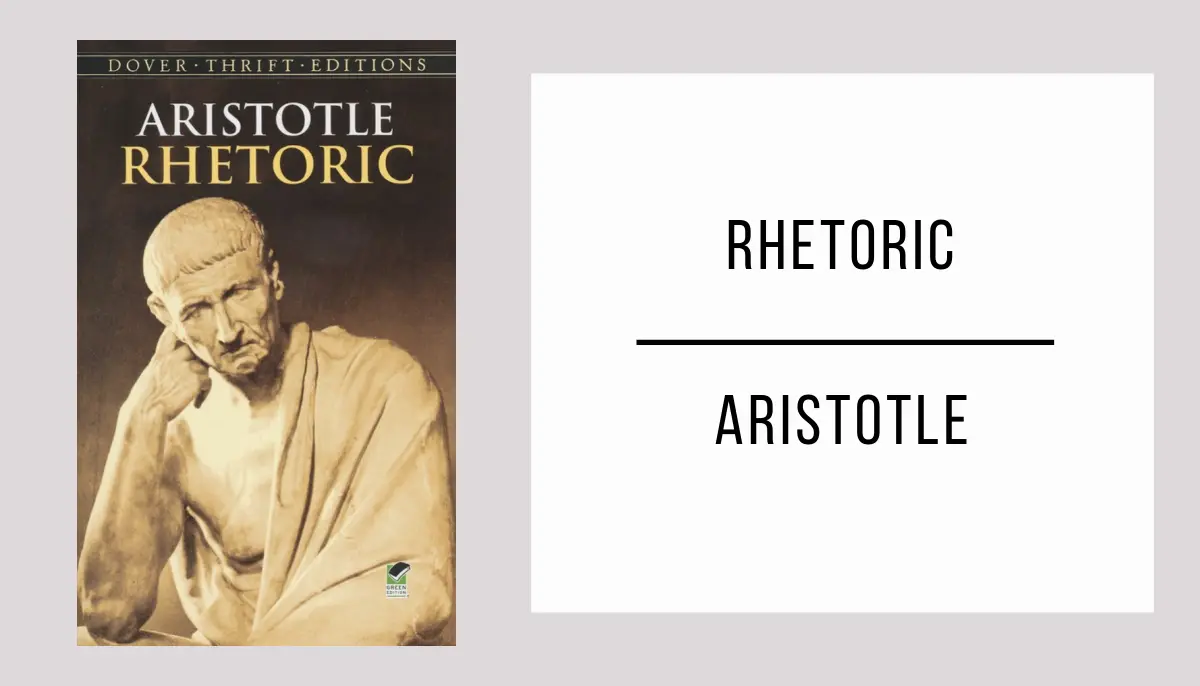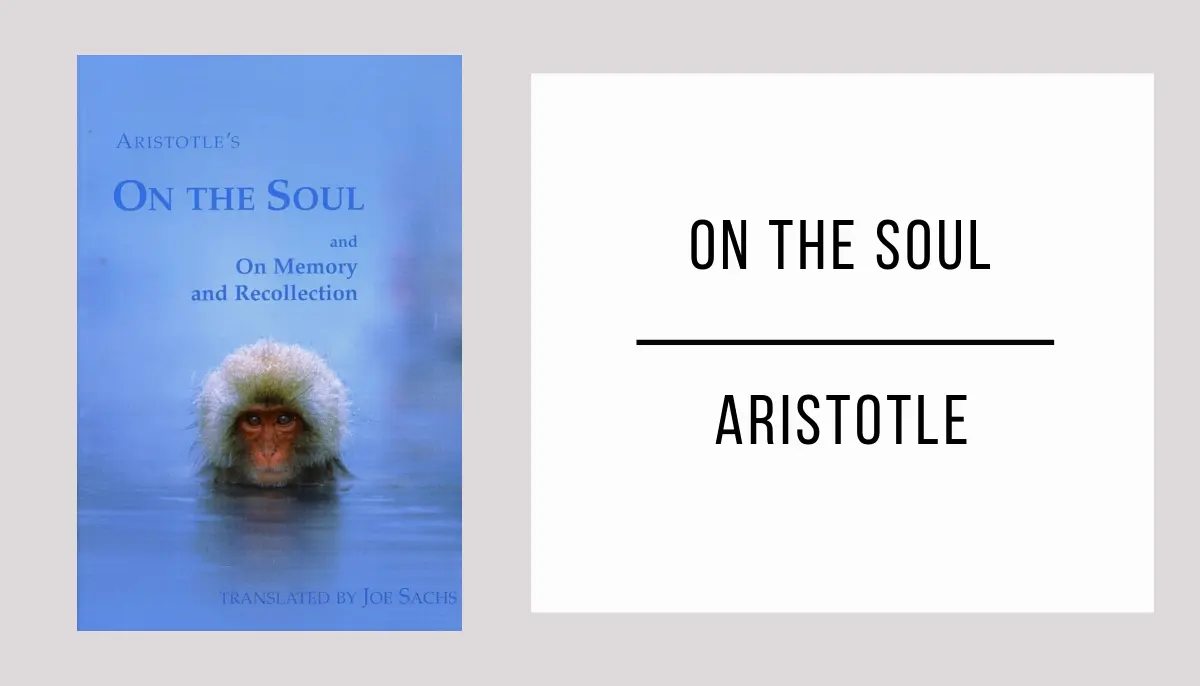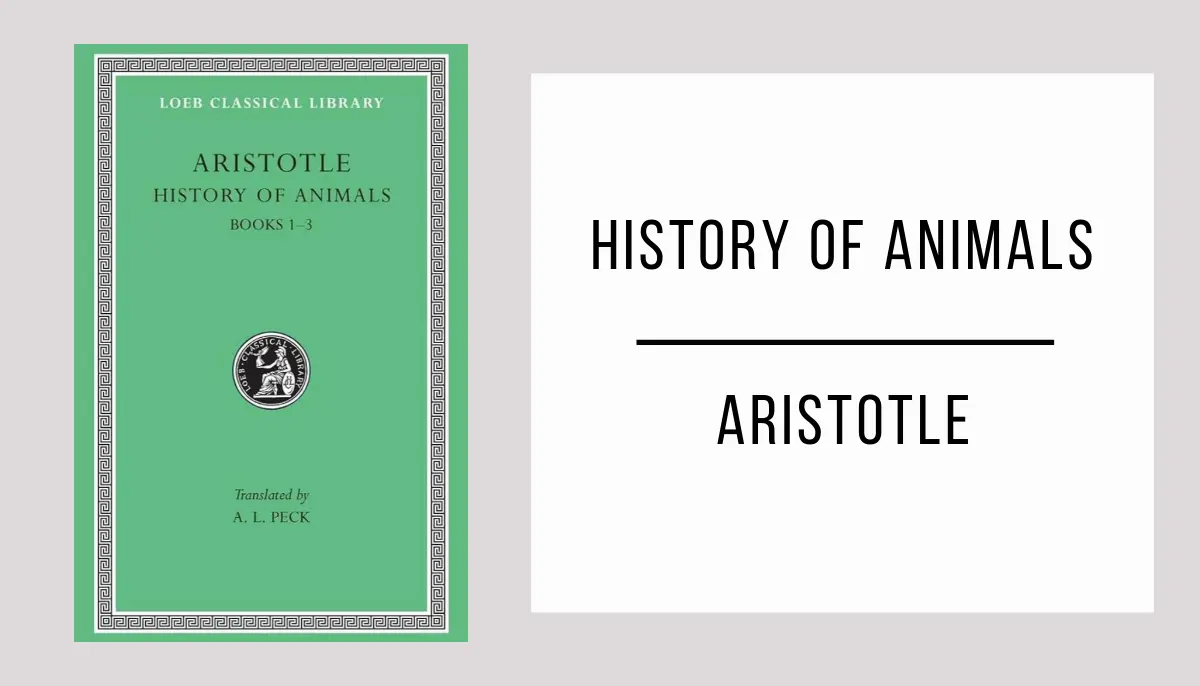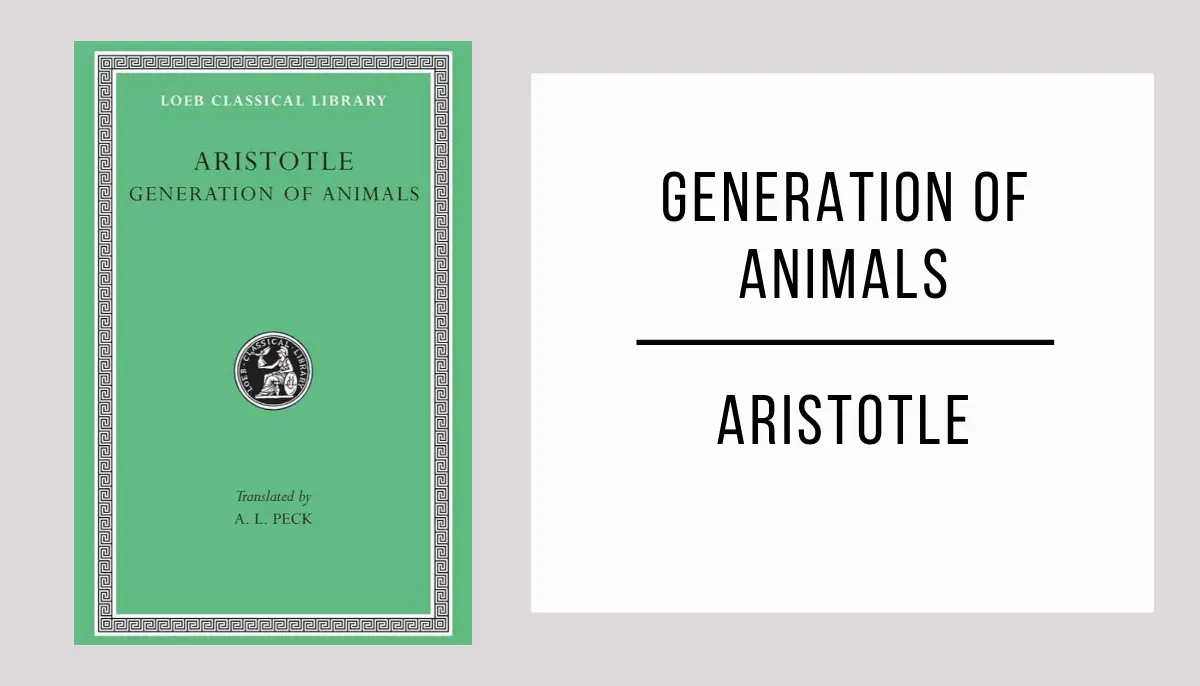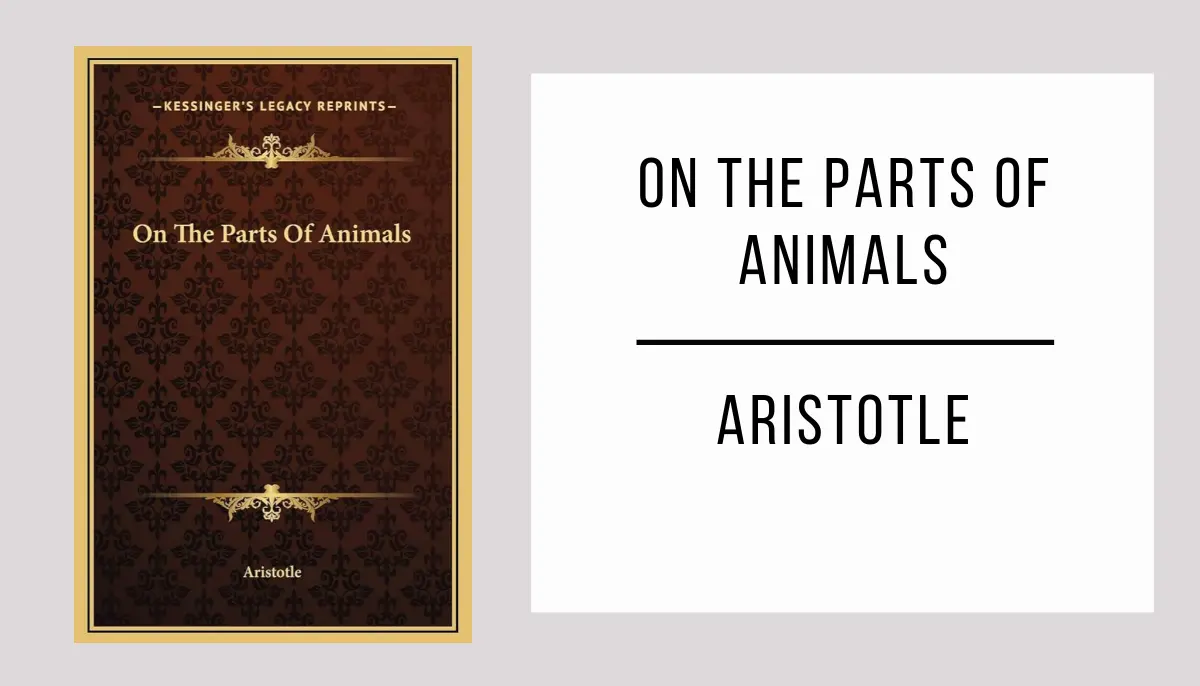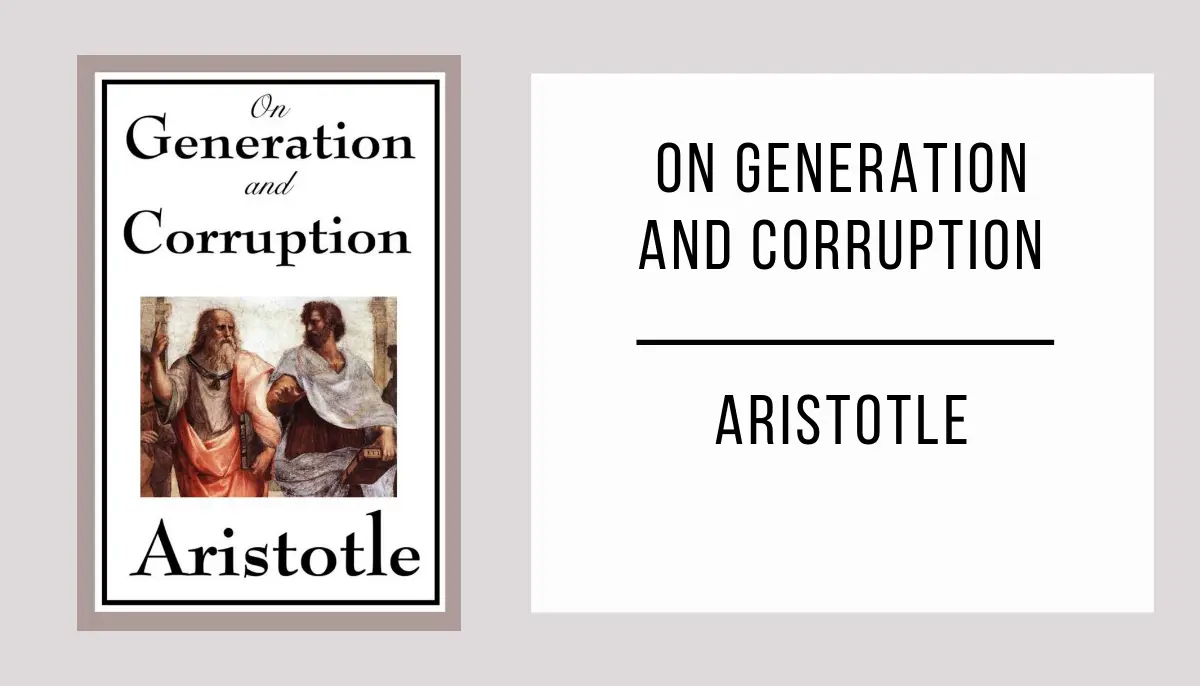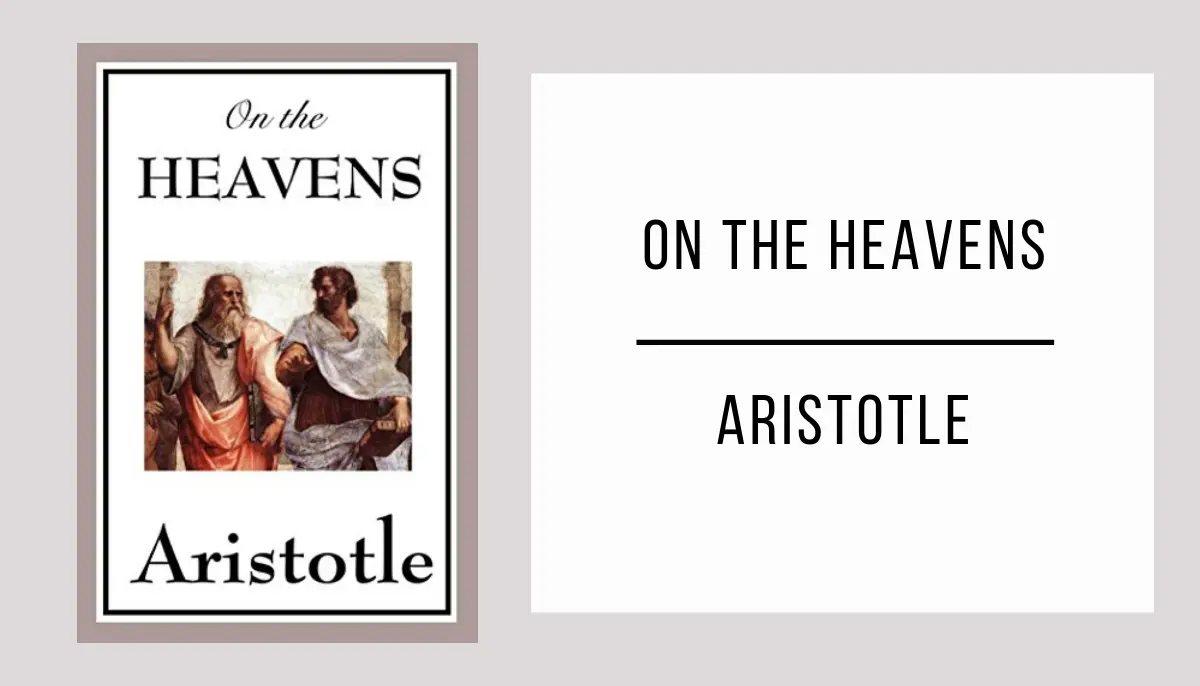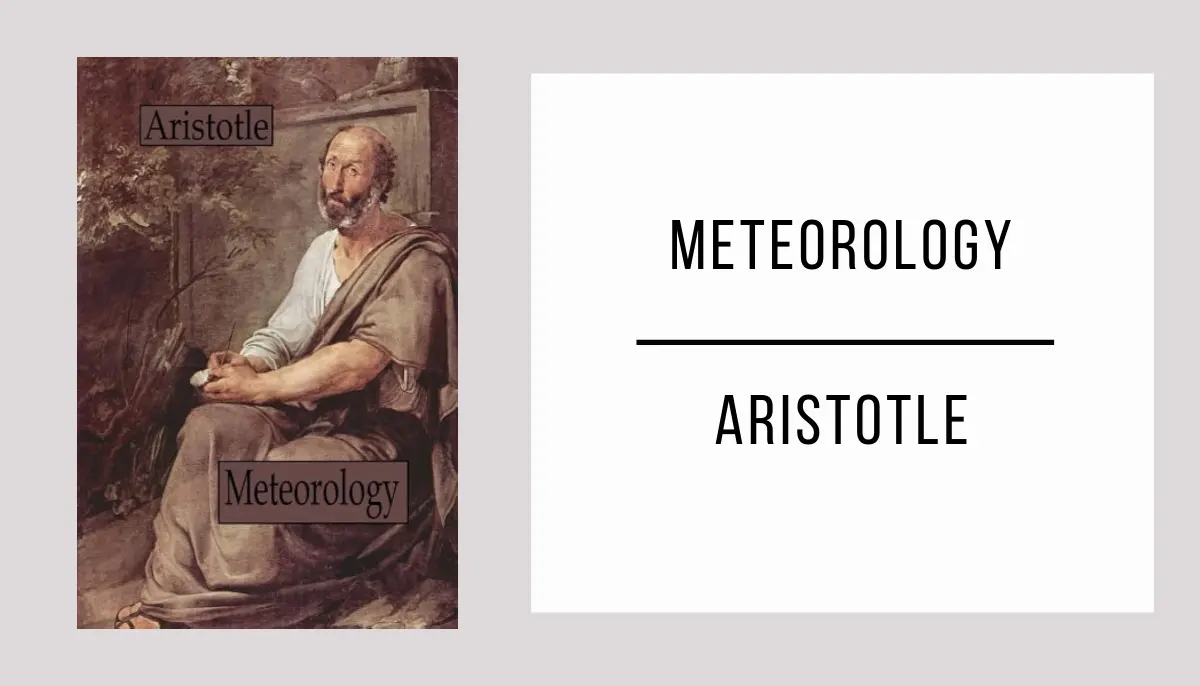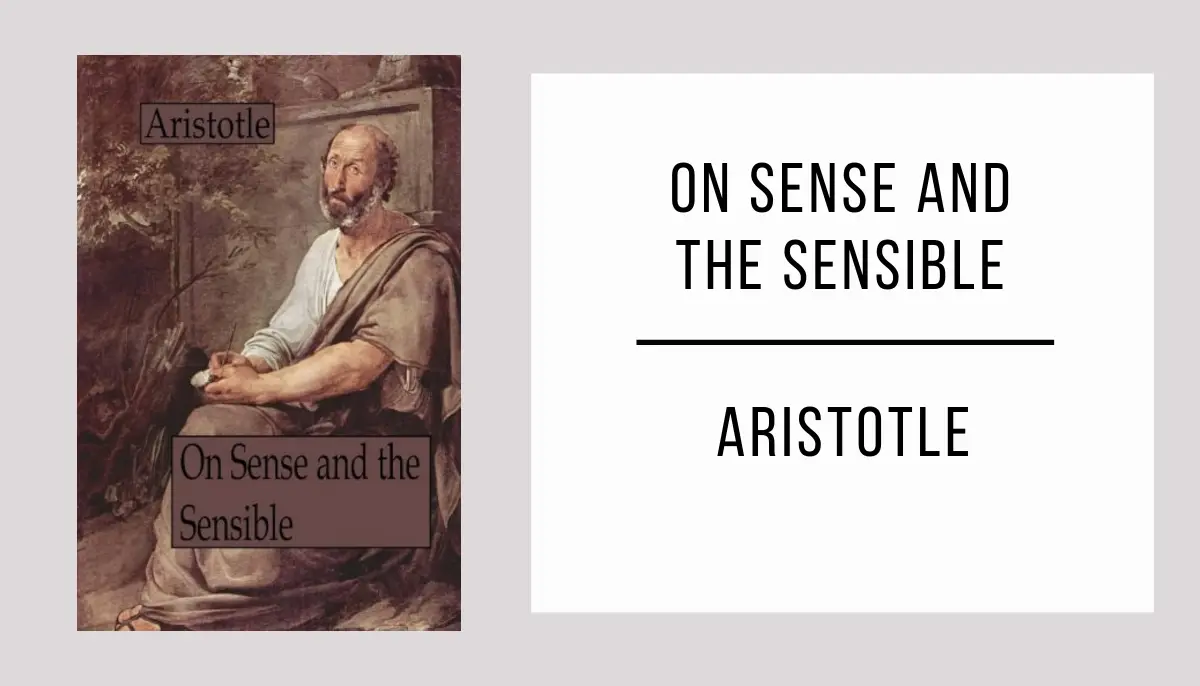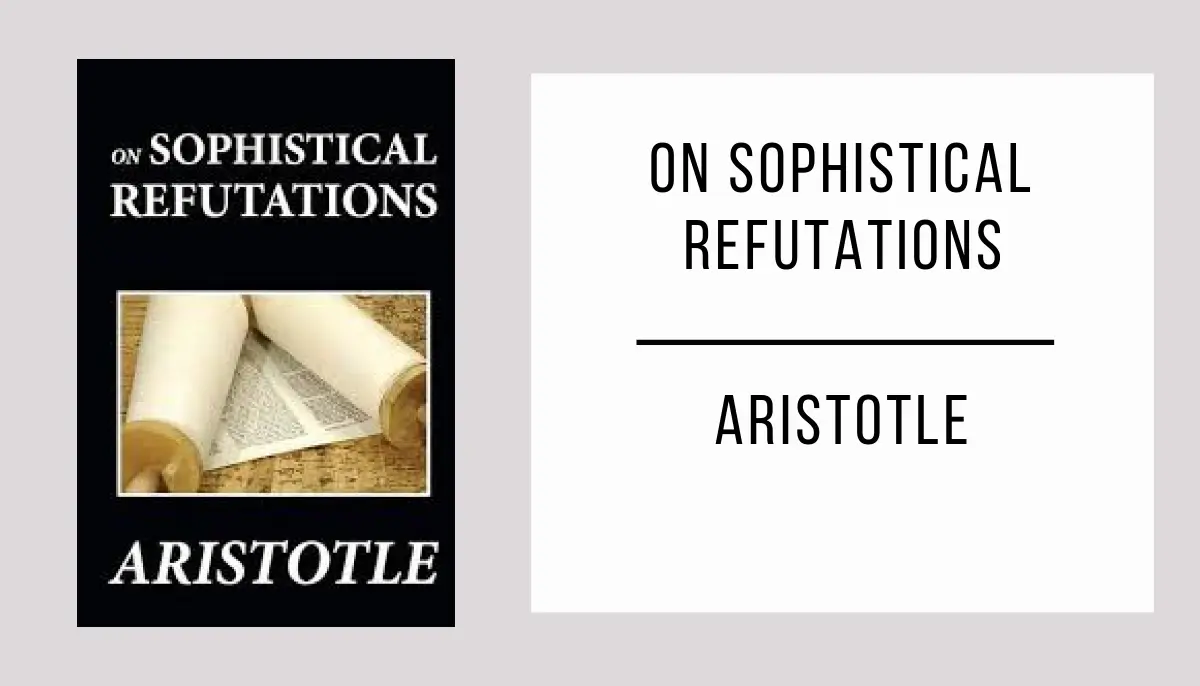The ‘Categories’ by Aristotle is a masterpiece that unfolds a profound and systematic analysis of the fundamental categories of human knowledge.
Download and immerse yourself in Aristotle’s ‘Categories’ in PDF format for free to explore the thoughts of the most influential philosopher of antiquity.
Delve into the pages of ‘The Categories’ by Aristotle and discover a universe of wisdom that will challenge you to reflect and expand your intellectual horizons.
Categories in PDF format
*Wait a few seconds for the document to load, the time may vary depending on your internet connection. If you prefer, you can download the file by clicking on the link below.
Loading fileInformation Categories
- Author: Aristotle.
- Publication Date: Approximately between 335 and 322 B.C.
- Main Characters:
- There are no specific characters in ‘Categories,’ as it is a philosophical treatise that explores concepts and classifications.
- Brief Summary: “Categories” is a philosophical work written by Aristotle, in which the nature of classification and how beings and things can be grouped into categories are analyzed. Aristotle presents ten fundamental categories ranging from substance and quantity to relation and action. The book explores how objects and ideas can be classified and how they relate to each other.
- Thematic Analysis: “Categories” focuses on the study of logic and the classification of concepts. Aristotle seeks to establish a structure for thought and knowledge by identifying universal categories that encompass all objects and concepts they refer to. The analysis emphasizes the relationship between words and ideas, and how they are grouped into different categories based on their characteristics and properties.
- Historical Context: “Categories” is one of the works included in the compilation known as the “Organon,” which encompasses Aristotle’s logical writings. The work aims to establish a foundation for the study of logic and classification, and it has been influential in Western philosophy and thought throughout history.


